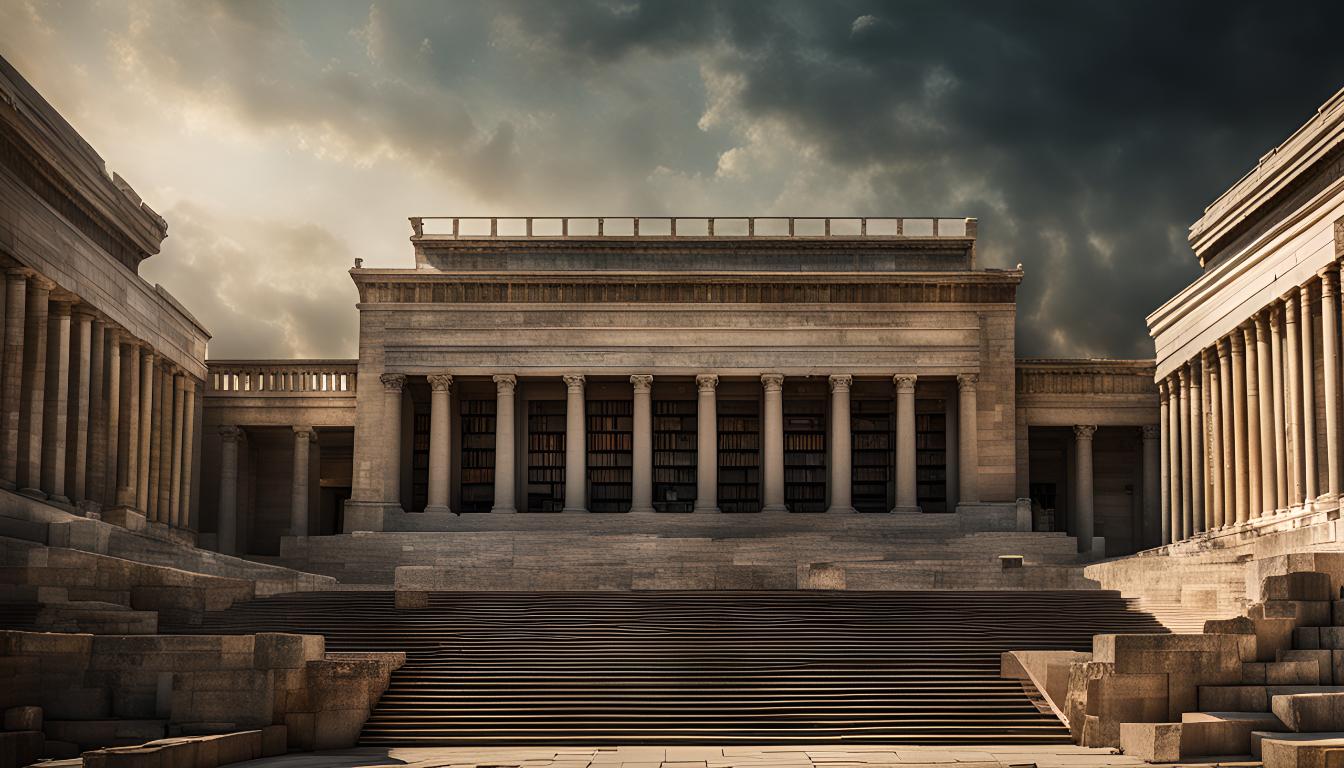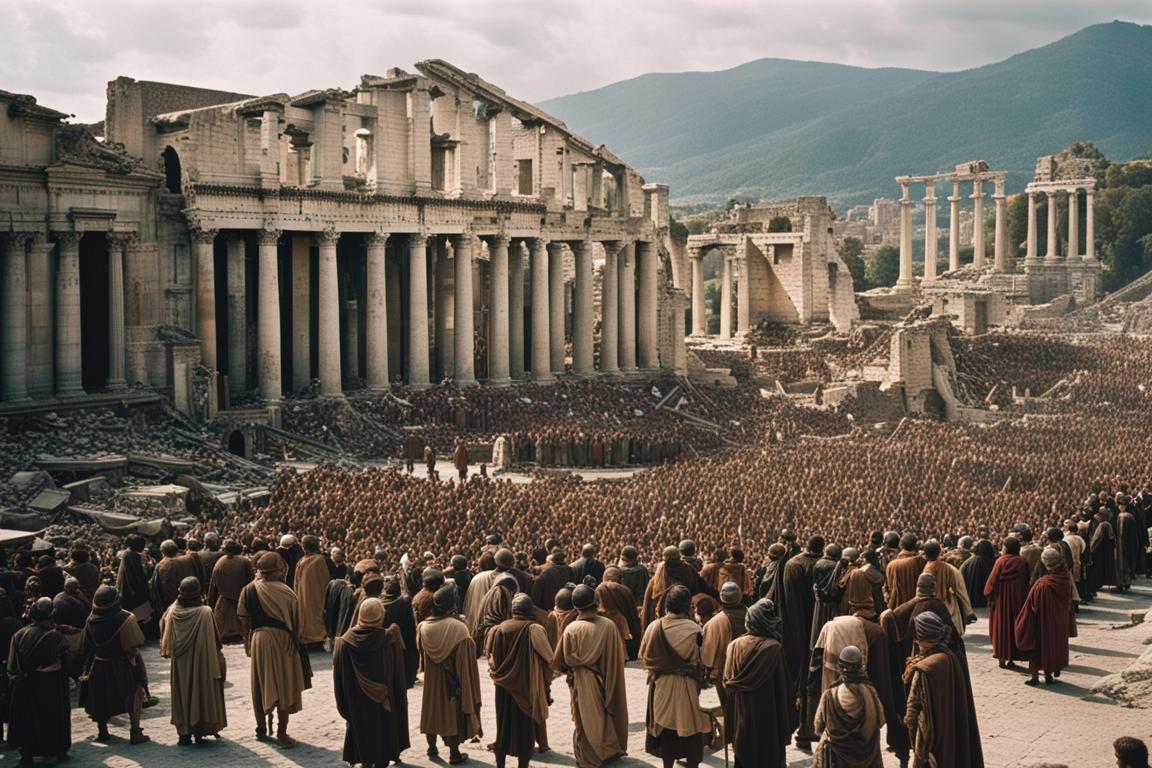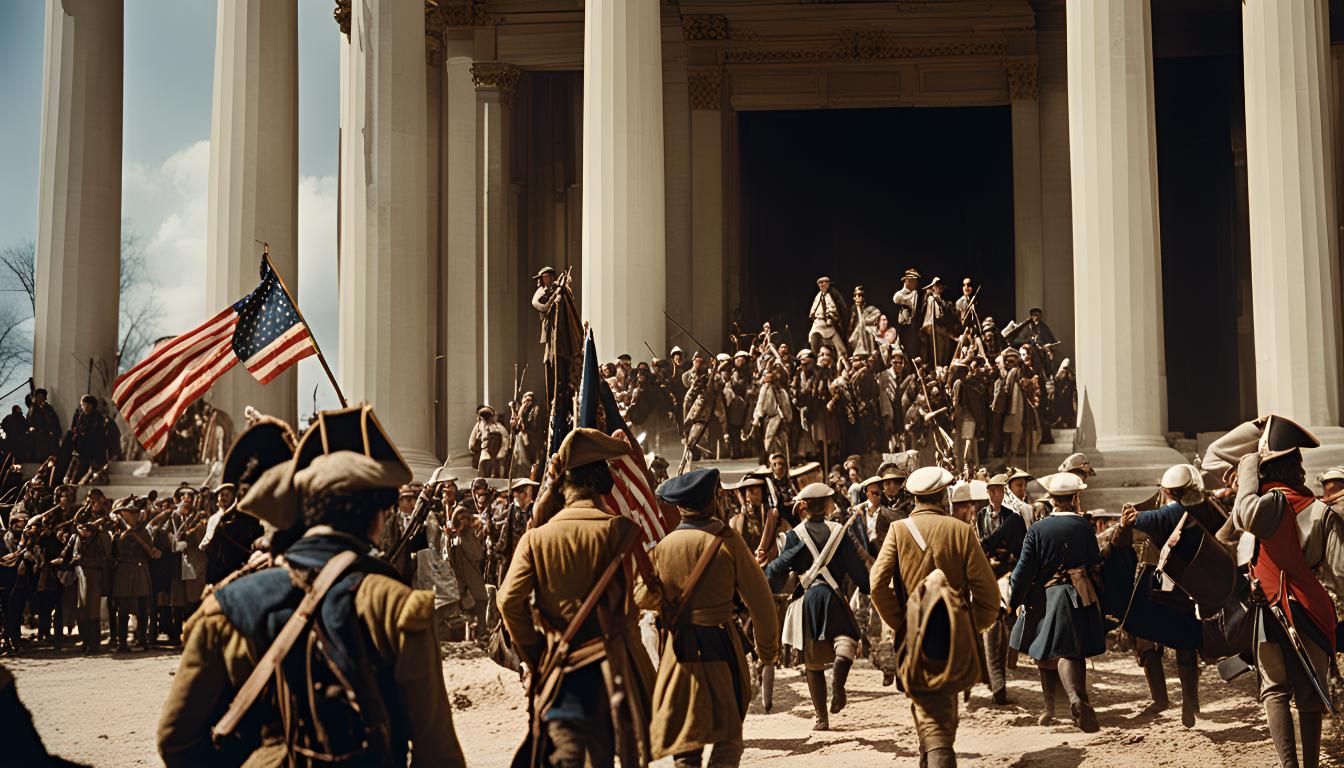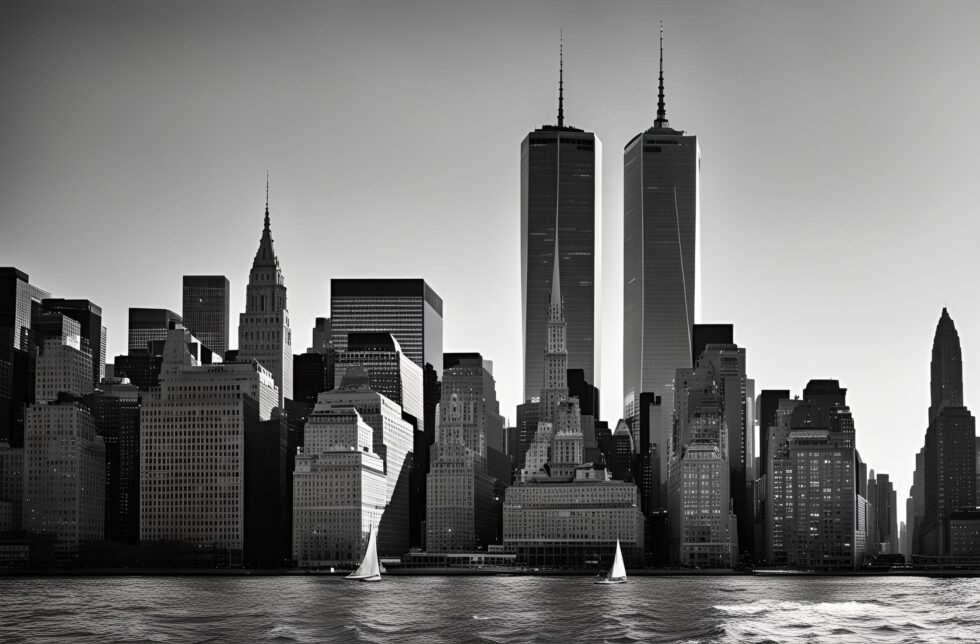
In the early 2000s, the United States continued to thrive in its economic prosperity. The tech boom of the late ’90s carried forward with even greater momentum, as businesses and investors remained confident in the stability and security of the nation. The Twin Towers, iconic symbols of American financial might, became the epicenter of a new wave of innovation. Startups flocked to New York City, transforming lower Manhattan into a bustling hub of technological advancement. The World Trade Center complex hosted conferences, summits, and expos, drawing brilliant minds from around the globe.
Without the shadow of a devastating attack, the U.S. government maintained a more balanced approach to foreign policy. While still vigilant against threats, the absence of 9/11 meant there was no immediate catalyst for the War on Terror. Instead, diplomatic efforts took precedence, fostering stronger alliances and collaborative efforts to combat global issues such as climate change, poverty, and human rights abuses. The Middle East, though not without its conflicts, saw a greater emphasis on peace-building initiatives and economic development, as opposed to military intervention.
Domestically, the absence of the Patriot Act and other post-9/11 security measures meant that civil liberties were preserved to a greater extent. The national discourse around privacy and surveillance took a different path, focusing more on the ethical implications of emerging technologies rather than the immediate fear of terrorism. This environment encouraged a flourishing of artistic and cultural expression, as people felt freer to explore and challenge societal norms without the looming threat of censorship or suspicion.
In this alternate reality, the 2008 financial crisis still occurred, but its impact was somewhat mitigated by the robust infrastructure and innovative spirit cultivated in the preceding years. The resilience of the American economy, bolstered by the tech sector’s advancements, allowed for a quicker recovery. The lessons learned from the crisis led to more stringent regulations and a renewed focus on sustainable growth, preventing the same level of economic disparity and instability that had plagued the real world.
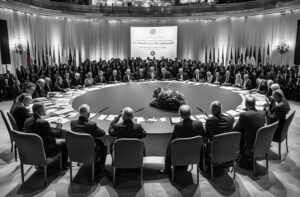
As the 2010s progressed, international relations were marked by a series of landmark agreements and cooperative ventures. The Paris Agreement on climate change was signed with even greater commitment, as nations recognized the urgency of addressing global warming. The collaborative spirit extended to space exploration, with NASA and international space agencies embarking on ambitious missions to Mars and beyond. The sense of unity and shared purpose that had been cultivated in the absence of 9/11’s divisive aftermath allowed humanity to dream bigger and reach further than ever before.
In this world, the Twin Towers remained a symbol of resilience and progress. They stood as a testament to what humanity could achieve when fear and hatred were not allowed to dictate the course of history. The skyline of New York City, unscarred by the events of that fateful day, inspired generations to believe in the power of unity, innovation, and hope.
The cultural landscape of the 2020s was marked by a renaissance of creativity and collaboration. Artists, musicians, writers, and filmmakers drew inspiration from the sense of possibility that permeated society. The absence of a major terrorist attack allowed for a more nuanced exploration of themes such as identity, belonging, and the human condition. The arts became a powerful force for social change, challenging prejudices and fostering empathy across diverse communities.
As the world entered the 2030s, the legacy of the untouched Twin Towers continued to shape the course of history. The lessons learned from this alternate reality emphasized the importance of diplomacy, innovation, and unity in the face of global challenges. The human race, unburdened by the trauma of 9/11, moved forward with a renewed sense of purpose and determination, striving to create a better future for all.
In this imagined world, the absence of the 9/11 attacks did not mean the absence of challenges or conflicts. However, it did mean that humanity faced these obstacles with a different mindset—one that prioritized cooperation over division, hope over fear, and progress over destruction. The Twin Towers, standing tall and proud, served as a constant reminder of what could be achieved when the world chose to come together rather than tear itself apart.

